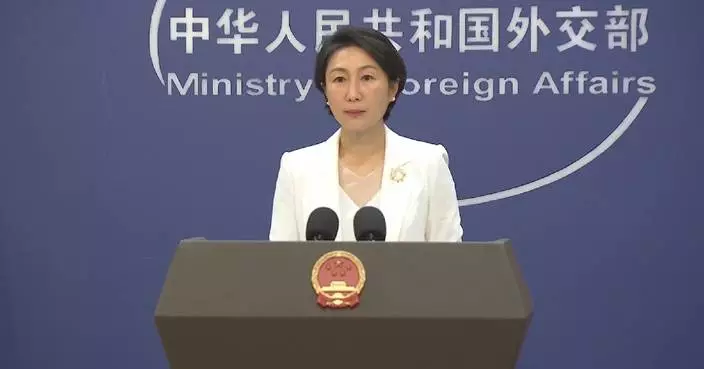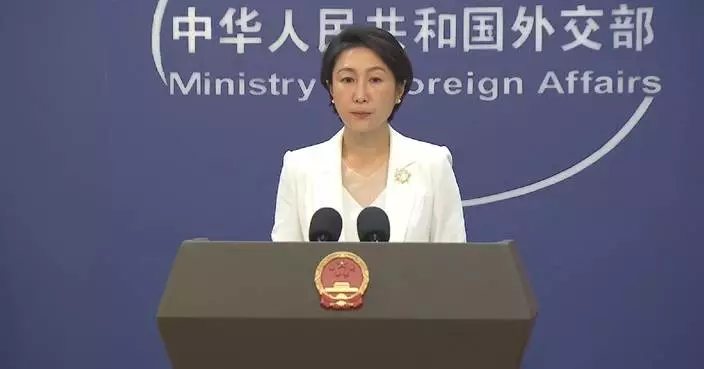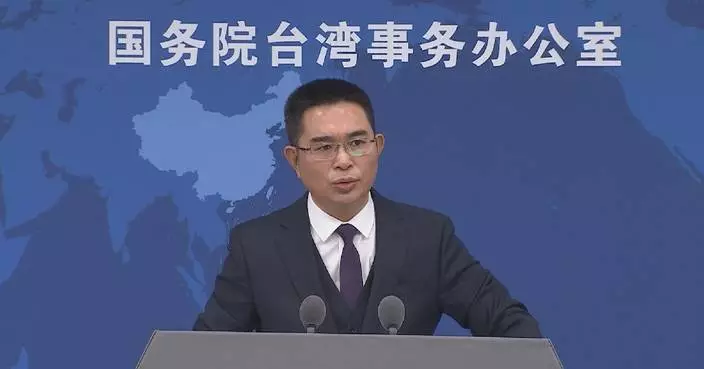As Japanese automakers Honda and Nissan have entered into official talks to pursue a merger, a Japanese expert cautioned that the future of the merger plan remains to be seen.
In an interview with the China Central Television on Tuesday, Osanai Atsushi, a professor from the Graduate School of Business and Finance, Waseda University, shared his insights about the merger, saying that the merger plan might be a last resort.
"Honda is seeking operational integration with cooperation partners to increase its production ability, and Nissan is an excellent choice. And for Nissan, there is no better cooperation partner than Honda. So, Nissan has no choice but to accept Honda's conditions, such as designating the president," said Osanai.
With the merger, the two sides are expecting to promote their research and development capacity, cultivate and attract talents in smart vehicles and New Energy Vehicles (NEVs) sectors, and improve management, according to Osanai.
"For the strategy of Honda and Nissan, the short-term goal is to promote its compatibility in the field of hybrid cars, and for the long term, the two companies plan to invest in NEVs with profits of hybrid cars. I believe that there will be the two phases to the strategy," said Osanai.
However, the two companies do not fully share a complementarity regarding their technologies, and it is still to be seen whether they can find a way out of their troublesome situation through the merger, said Osanai.
"In the short term, the precondition of a successful merger is to boost the management status of Nissan. If Nissan fails to revitalize in the short term, it will be a burden for Honda, and will lead to further demerits and risks for the merger. It makes no difference to only bring Honda and Nissan under one company and make no changes," said Osanai.
In addition to Honda and Nissan, another world-class Japanese automaker, Mitsubishi, has also confirmed to participate in the merger talks. According to local media, if the merger goes smoothly, the new company will be the third largest automaker in the world, only after Toyota and Volkswagen.
"Japan's automobile industry will be divided into two major groups, centered by Toyota and Honda-Nissan, respectively. Especially regarding the transition towards NEV, the power of capital is vital, and smaller companies can hardly sustain. Merger should be the future trend of development," said Osanai.

Future of Honda, Nissan merger remains unclear: expert

Future of Honda, Nissan merger remains unclear: expert









